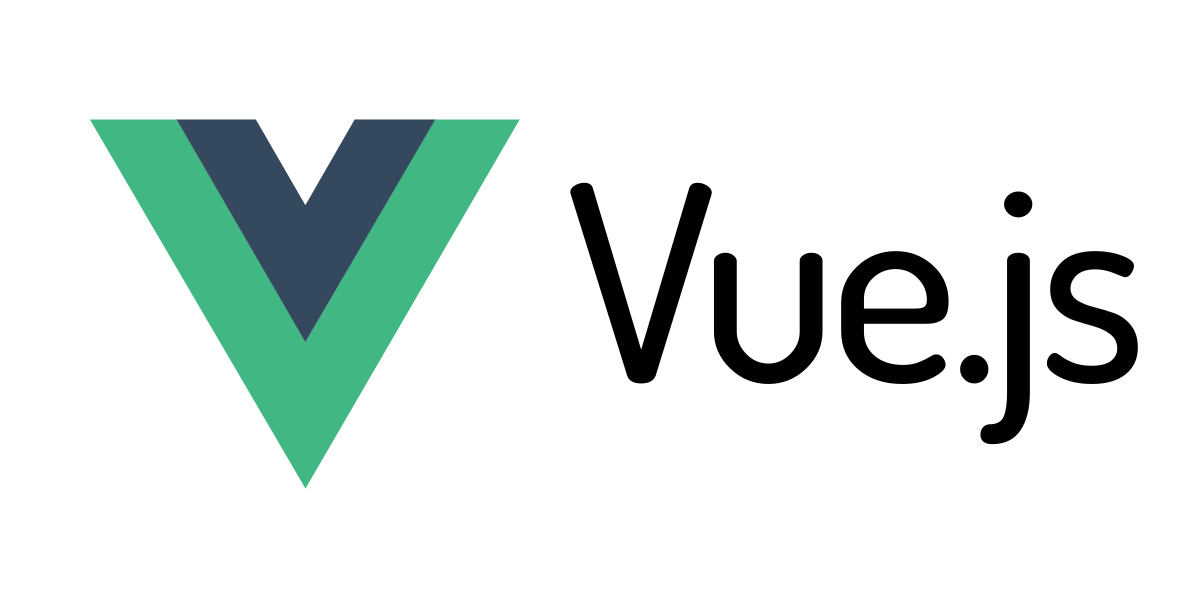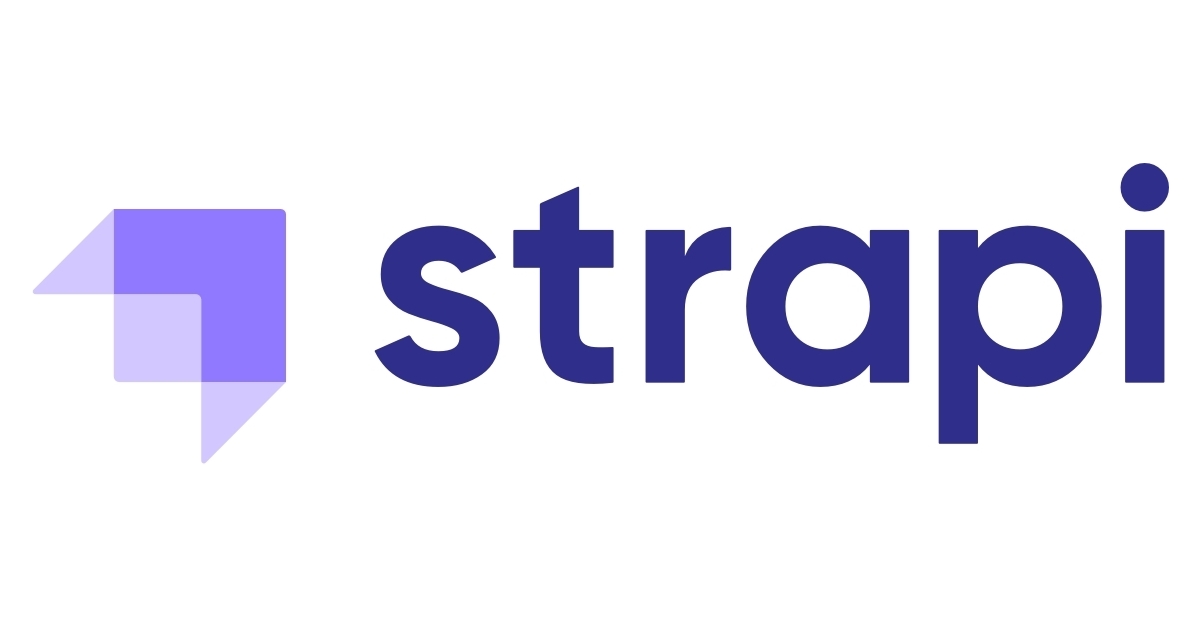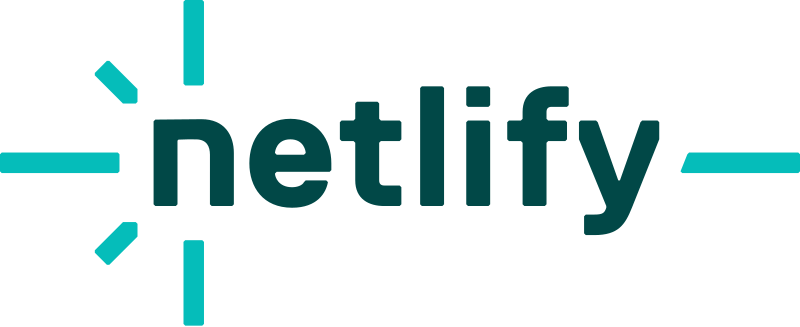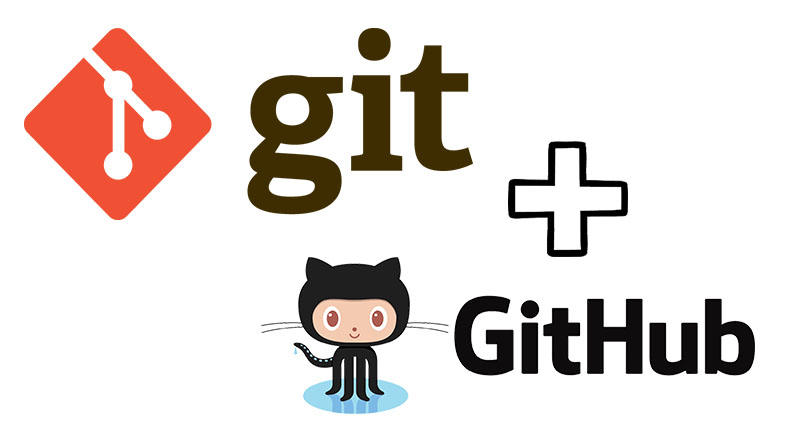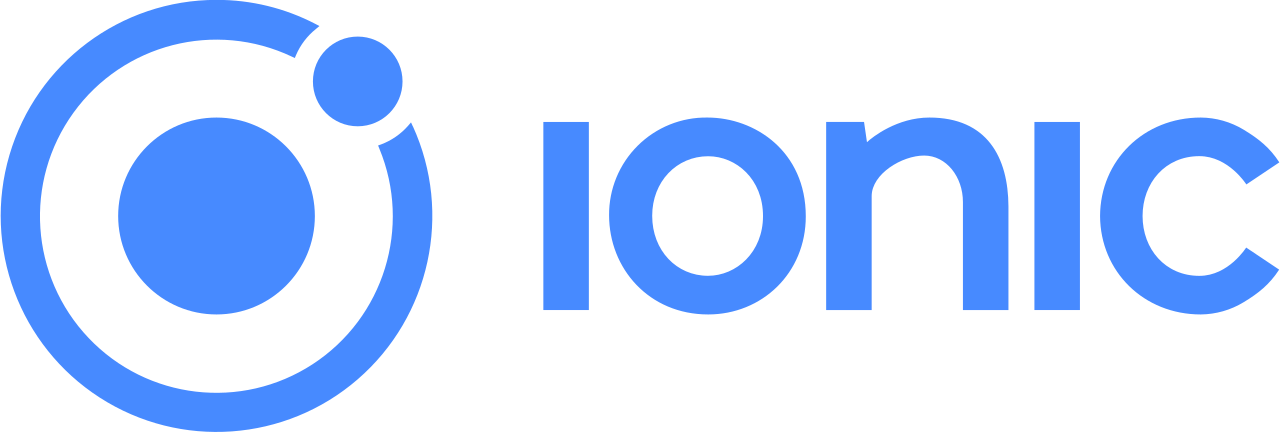Developer Tools
My internship at Logix was a valuable learning experience that taught me important values like teamwork and problem-solving. Throughout my time at the company, I had the opportunity to work alongside a talented team of developers and collaborate on complex projects. This experience provided me with a deeper understanding of the importance of effective communication, collaboration, and adaptability in a professional setting.
In addition to these important values, I also gained exposure to a number of critical development tools and technologies. Some of the tools that I became proficient in using during my time at Logix include
NPM
NPM stands for Node Package Manager. It is a package manager for the JavaScript programming language that allows developers to easily share and reuse code. NPM provides a centralized repository of over one million packages that can be installed with a simple command, making it easy for developers to integrate third-party libraries and tools into their projects. Additionally, NPM allows developers to create and publish their own packages, making it a valuable tool for sharing and collaborating on code. NPM is widely used in the JavaScript community and is an essential tool for modern web development.
Nuxt 3
Nuxt3 is a modern web development framework for building server-side rendered (SSR) applications using Vue.js. It is the latest version of the Nuxt.js framework and is designed to be faster, more scalable, and easier to use than its predecessor.
Nuxt3 provides a number of powerful features, including:
- Automatic code splitting and lazy loading for improved performance
- A modular architecture that allows you to easily add and remove features
- Built-in support for TypeScript and other modern JavaScript features
- Enhanced debugging and error handling capabilities
- Improved scalability and performance through optimized server-side rendering
- Nuxt3 is also designed to be highly customizable, allowing you to tailor your application to your specific needs. It provides a rich set of configuration options and plugins, as well as a flexible file structure that allows you to easily organize your code.
Overall, Nuxt3 is a powerful and flexible framework that simplifies the process of building server-side rendered applications with Vue.js.
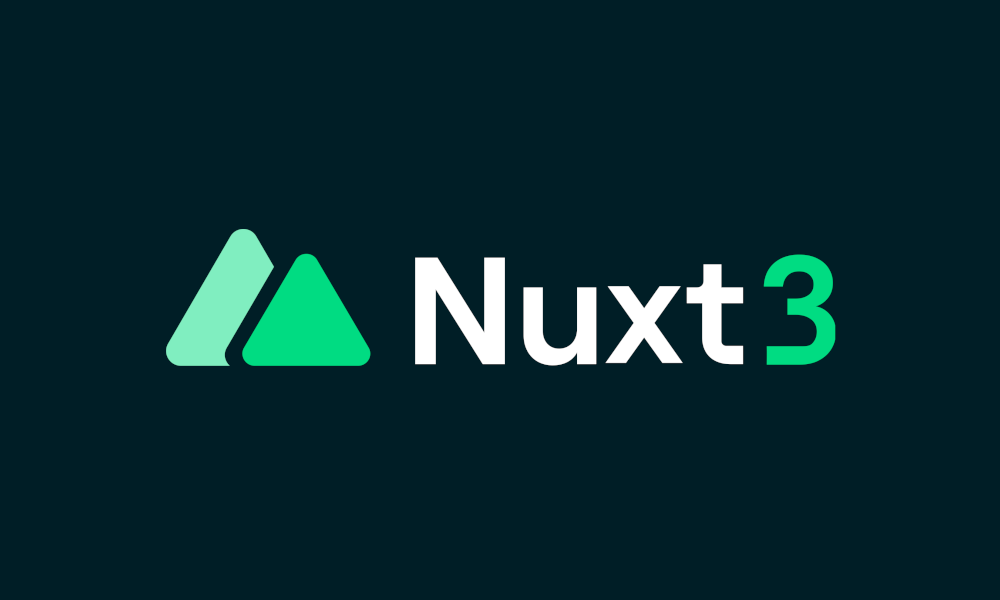
StoryBlok
Storyblok is a headless content management system that provides a flexible platform for creating and managing content. With a visual editor, APIs and webhooks, and support for content versioning, scheduling, and translations, Storyblok enables developers and content editors to create and deliver dynamic, content-driven applications across a variety of channels and devices.
Tailwindcss
Tailwind is a utility-first CSS framework that provides a set of pre-defined, reusable CSS classes that can be used to style HTML elements. With Tailwind, developers can create custom designs quickly and efficiently by composing classes instead of writing custom CSS. Tailwind's comprehensive set of classes covers everything from typography and layout to color and spacing, making it a powerful tool for building responsive, modern web applications.
Vue js
Vue.js is a progressive JavaScript framework for building user interfaces. It is designed to be easy to use and understand, with a simple and intuitive API that enables developers to create dynamic, reactive web applications. Vue.js provides a rich set of features, including two-way data binding, component-based architecture, and a powerful templating system, making it a popular choice for building modern, responsive web applications.
Strapi
Strapi is an open-source headless CMS that provides a flexible and customizable platform for managing content. With Strapi, developers can easily create and manage content through a modern and intuitive admin interface, while also having full control over the presentation layer of their application. Strapi's API-first approach allows for seamless integration with any front-end framework or application, making it a powerful tool for building dynamic and content-driven websites and applications.
Netlify
Netlify is a cloud-based hosting and deployment platform for modern web projects. It provides a fast and secure environment for building, testing, and deploying web applications, with features like continuous deployment and automatic HTTPS. Netlify also offers a range of tools and services for managing domains, form submissions, and serverless functions, making it a popular choice for developers and teams looking to streamline their web development workflow.
Git & Github
Git is a distributed version control system used for tracking changes in source code during software development, enabling multiple developers to work on a project simultaneously without overwriting each other's changes. GitHub is a web-based platform that utilizes Git for version control and collaboration, hosting repositories and providing tools for project management, issue tracking, and continuous integration, making it a popular choice for open-source and private software development projects.
Ionic
Ionic is an open-source framework for building cross-platform mobile applications using web technologies like HTML, CSS, and JavaScript. It allows developers to create high-quality mobile apps that work on both iOS and Android platforms from a single codebase. Ionic leverages the capabilities of web frameworks such as Angular, React, and Vue, and uses the Cordova or Capacitor plugins to access native device features like the camera, GPS, and file system. This approach simplifies development and maintenance while providing a native-like user experience.

